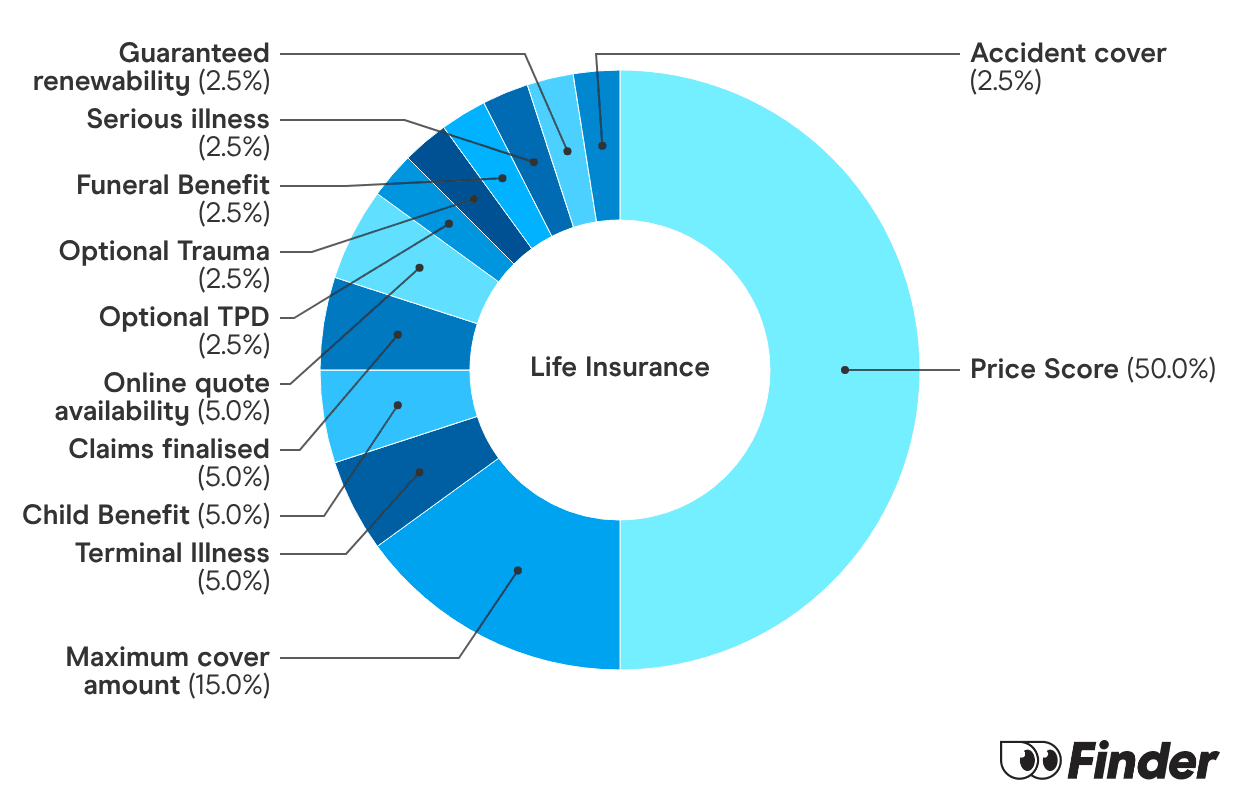Key takeaways
- Whether or not you can take out life insurance if you have had cancer depends on the nature of your condition, how under control it is and the policy terms of an insurer.
- How long you have been in remission for is an important factor taken into account by a provider.
- When applying for cover, you must disclose any known information about your health that may be relevant.
Do I have to mention my diagnosis if I haven’t taken out insurance yet?
If you have cancer and you apply for insurance cover, you must inform the insurer of your condition. Under Australian insurance law you must tell your provider anything that may be relevant to their decision to offer you cover, so you’ll need to disclose your diagnosis when you fill out an application form.
Currently, you must also inform your insurer of genetic test results when you apply for life insurance. However, as of 1 July 2019, some people will no longer be required to do so depending on the type of policy and the amount you're covered for. If your benefit limits are below the following amounts, you will not be required to disclose the results of your genetic tests:
- Death and total & permanent disability: $500,000 lump sum
- Trauma: $200,000 lump sum
- Income protection: $4,000 per month
Positive results (which mean you’re more likely to get cancer) will typically lead to increased income protection and life insurance premiums, while negative results will usually help an insurer decide that you are no more likely to get cancer than anyone else.
What can the benefit payment be used for?
With this in mind, it becomes clear just how important the financial protection offered by trauma insurance can be. Not only will you and your family suffer from an emotional perspective if you receive a cancer diagnosis, but your finances will also take a hit. You may need to undergo expensive treatments, laborious rehabilitation processes and more, while at the same time you may need to take time off work and not be able to draw your regular income.
The lump sum benefit your policy offers can be used to pay your medical bills, manage ongoing expenses, help with your recovery and other expenses that may arise.
Trauma insurance is therefore about providing protection against the uncertainties that may arise in the future, safeguarding your family against the potential financial impact of a cancer diagnosis.
Learn more about the benefits of trauma insurance
Steps to increase the likelihood of finding cover
Below is a list of tips and strategies that will help to increase your odds of having your life insurance application accepted and receive the life insurance cover you need.

Collect the right paperwork.
When you are applying for life insurance cover, gather your medical records together including your complete medical records consisting of your first pathology reports, any of your doctor’s notes, and records of your treatment plan. Keep in mind that the more the insurance company knows about you, your cancer diagnoses and your treatment plan, the more likely it will be for you to be approved. You want to provide them with enough information to allow them to properly access your current medical status.

Get a note from your doctor.
Ask your doctor to write you a note stating when you had treatments for cancer, when you went into remission and what your prognosis is. This may help the insurance company get a better understanding of your specific situation.

Abide by the treatment plan.
It is important for the insurance company to see that you're in compliance with all aspects of your treatment plan. This means that you don't want to miss follow-up appointments or check-ups. The more proactive you are about your health, the more likely you are to remain healthy.
Compare options for life insurance with pre-existing medical conditions
Frequently asked questions
More guides on Finder
-
Budget Direct Life Insurance review
Budget Direct's life insurance offers a high maximum cover limit, decent policy add-ons and competitively-priced cover.
-
Best Life Insurance Australia
Read our comprehensive guide to finding the best life insurance policy for your situation.
-
ahm life insurance review
Read our comprehensive review of ahm Life Insurance to find out if it's right for you.
-
Life insurance rewards programs
Here are some of the health reward programs and discount schemes available from Australian life insurance brands.
-
TAL Life Insurance Review
Compare TAL life insurance policies and receive a quote for cover for the different policy options available.
-
Life Insurance Deals and Discounts February 2026
Find the latest life insurance deals and discounts from Australian brands.
-
Medibank Life Insurance Review
Choose a flexible life insurance policy that meets your needs with Medibank life insurance.
-
AAMI Life Insurance Review
Compare policies on offer from one of Australia's leading general insurance providers, AAMI.
-
Is life insurance worth it?
Having the right life insurance policy is invaluable if something happens to you unexpectedly. Find out what makes your policy worthwhile.
-
NobleOak life insurance review
Looking for a direct insurance company that offers affordable, straightforward cover options? Discover the benefits of NobleOak life insurance.


